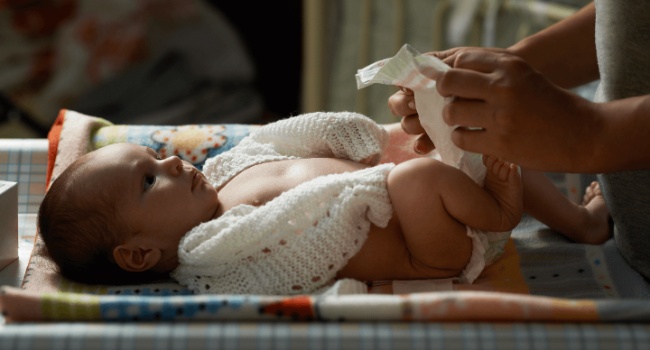Demand for baby diapers is decreasing due to several factors, including low birthrate. Photo credit: Completely Baby
A Japanese nappy maker, Oji Holdings, has announced that it will stop producing diapers for babies in the country and focus on adults.
In a statement on Wednesday, Oji Holdings said its subsidiary, Oji Nepia, currently manufactures 400 million infant nappies annually.
However, production has been falling since 2001, when the company hit its peak – 700 million nappies.
The company said it would stop making children’s nappies in September amid a sharp decline in demand.
Advertisement
“The firm would boost production of sanitary products for older people and they are expected to be used in nursing homes and other public facilities,” Oji Holdings said.
“Demand for baby diapers is decreasing due to several factors, including the falling birthrate.”
Oji Holdings said it would continue to make baby diapers in Malaysia and Indonesia where it expects demand to grow.
Advertisement
“The firm will continue to sell nappies domestically until stocks run out, and plans to expand production in countries such as Indonesia and Malaysia, where demand is expected to grow,” the company said.
Oji Holdings is the latest firm to make such a shift in a rapidly ageing Japan, where birth rates are at a record low.
Sales of adult nappies outpaced those for infants in the country for more than a decade.
The number of babies born in Japan totalled 758,631 in 2023, hitting a record low for the eighth straight year and representing almost half the 1.5 million logged in 1983.
Advertisement
On January 23, 2023, Prime Minister Fumio Kishida said “Japan is standing on the verge of whether it can continue to function as a society, adding that it was a case of “now or never”.
However, Japan is not alone, as fertility rates have also been dropping in Hong Kong, Singapore, Taiwan and South Korea, which has the lowest birth rate in the world.
China also saw its population fall for the second year in a row in 2023 and has introduced various incentives to boost birth rates.
Advertisement
Add a comment






